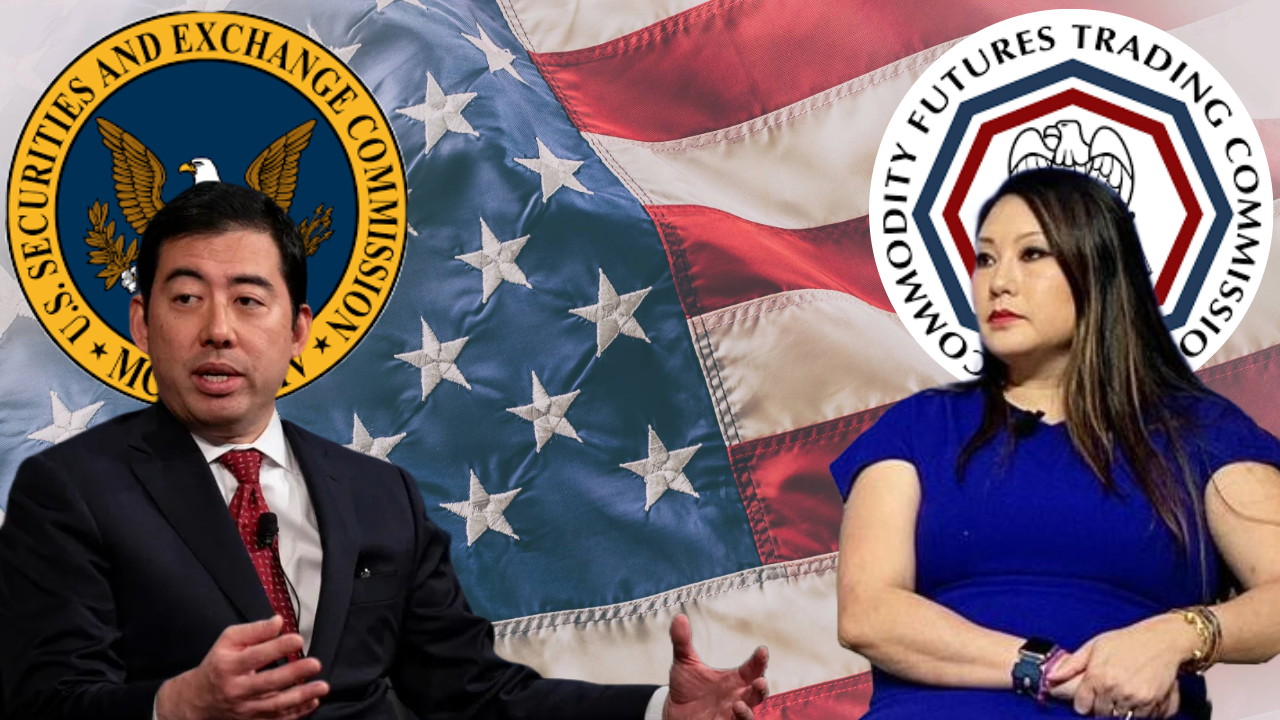- Gary Gensler’s departure as SEC Chair leads to Mark Uyeda’s appointment as acting chairman, bringing a more crypto-friendly perspective to the regulatory body.
- The SEC maintains operational capacity with three remaining commissioners who can establish a majority through 2:1 voting decisions.
- Caroline Pham takes over as Acting CFTC Chair following Rostin Behnam’s resignation, promoting “smart regulation” through initiatives like regulatory sandboxes.
- The regulatory framework remains complex with unclear distinctions between SEC and CFTC jurisdictions, except for Bitcoin’s established commodity status.
It’s official: Gary Gensler is (crypto) history. The former chair of the US Securities and Exchange Commission (SEC) has officially resigned, as per a statement from January 20.
Related: Communist Threat? Coinbase CEO Urges Global Crypto Revolution For “Economic Freedom”
And Donald Trump isn’t wasting any time, as he appointed a new acting chair. Interestingly, it’s not Hester Pierce who takes the role, but fellow SEC Commissioner Mark Uyeda.
Uyeda will stand in at the top job until a new chair is officially confirmed, which some estimate to be in March or April.
The acting chair is a strong advocate for the digital asset space and has even publicly criticised the SEC. On Fox Business, he said the regulator had “implemented ‘policy through enforcement’ without offering guidance”, which required courts to intervene, creating significant uncertainty.
There’s a growing frustration with the absence of guidance on what’s permissible and how to comply with securities regulations.

 Mark Uyeda, Acting SEC Chair
Mark Uyeda, Acting SEC Chair After Commissioner Jaime Lizárraga also stepped down, alongside Gensler, three commissioners remain, allowing them to vote and establish a 2:1 majority.
Caroline Pham Leads CFTC
The other regulator involved in US crypto regulation is the Commodity Futures Trading Commission (CFTC). Its chairman, Rostin Behnam, also resigned following Trump’s election win and will depart the agency on February 7, an official statement explains.
Commissioner Caroline D. Pham has been confirmed as Acting Chair and supports clear regulations for digital asset companies, suggesting the CFTC could significantly influence their regulation.
Pham had proposed “regulatory sandboxes” to allow companies to test their products and services temporarily under close supervision without full compliance requirements.
Speaking to Bloomberg following Trump’s election in November, Pham said the current ‘regulation by enforcement’ approach toward crypto isn’t working and needs to change:
I don’t think it’s about more regulation or less regulation. It’s about smart regulation. And it’s about regulation that establishes clear rules of the road. […] No more regulation by enforcement. We need to establish the rules upfront, so firms know what they need to do to register, they know where the lines are drawn, and they know what to do.

 Caroline D. Pham, Acting CFTC Chair
Caroline D. Pham, Acting CFTC Chair Who Regulates Crypto?
The SEC primarily regulates securities markets and protects investors in securities. The CFTC on the other hand regulates the US derivatives markets, which include futures, swaps, and certain types of options.
Related: Aussie Analyst Says Trump Memecoin Launch Changed Crypto Forever
Apart from Bitcoin, which has been labelled a commodity, no real understanding exists in the United States about which category most crypto assets should fall under.
As official statements about cryptocurrencies have varied, it will be crucial to get a workable definition for the US to ensure legal clarity.
